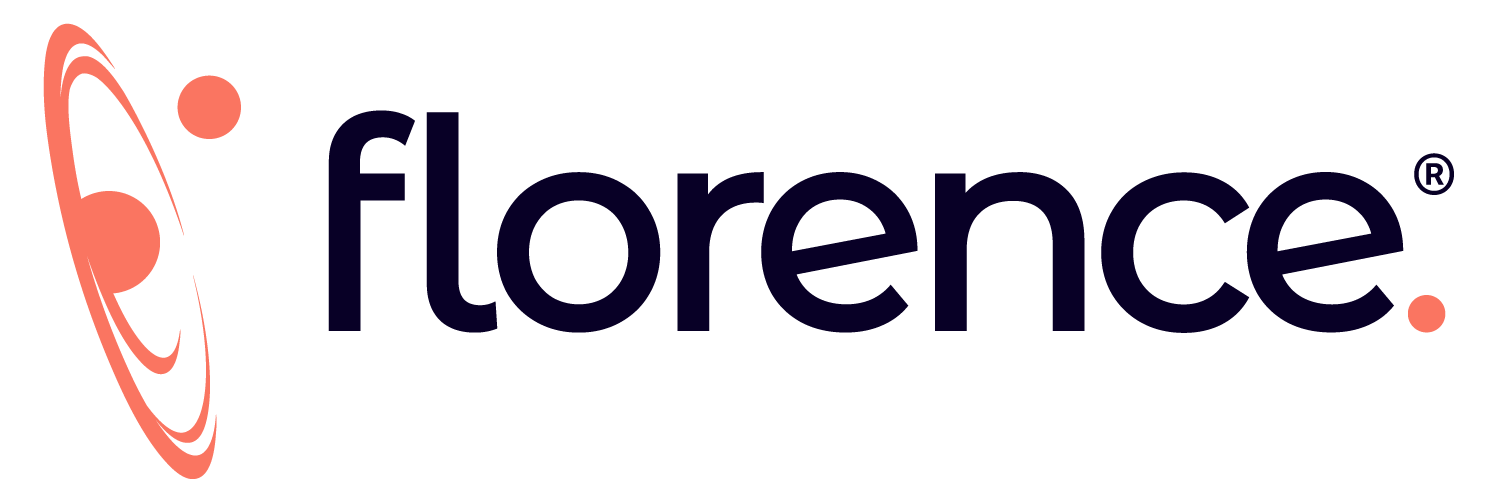New Insight into Risk Mitigation in 2025: An Analysis of the GCP IWG Report
In November 2024, the European Medicines Agency (EMA) published the sixteenth Annual Report of the Good Clinical Practice (GCP) Inspectors’ Working Group (IWG), revealing that over 50% (Image 1) of identified deficiencies were classified as critical or major. The majority of inspections were conducted in the EU/EEA (34%), followed by Asia (28%) and North America (18%), with Investigator Sites and Sponsors accounting for 69% and 25% of the inspections, respectively.

Image 1
To address these common challenges, computerized systems like Florence Site Enablement Platform can play a crucial role in mitigating risks and improving compliance. Below is an overview of the top three categories of findings (Image 2) —General, Trial Management, and Investigational Site—along with recommendations from our Compliance Team on how to avoid similar issues.

Image 2
To better understand regulatory expectations related to these findings, we recommend reviewing the following for an overview of global best practices when utilizing computerized systems:
- EMA Guideline on computerised systems and electronic data in clinical trials
- FDA Guidance on Electronic Systems, Electronic Records, and Electronic Signatures in Clinical Investigations: Questions and Answers
Draft ICH GCP E6 R3 Guideline
General
Findings related to Essential Documents and Direct Access to Data accounted for the largest proportion in this category. Key areas of critical and major deficiencies included restricted access at both trial sites and for monitors, inadequate inspection readiness, poor maintenance of essential documents, and insufficient evaluation of storage locations for these documents. When implementing computerized systems, it is crucial that access is controlled by the system’s responsible party and granted exclusively to trained users. Sponsors should ensure that protocols or other documented agreements specify that sites must provide direct access to source records for trial-related monitoring and regulatory inspections. For insights on how Florence’s eBinders can simplify electronic trial documentation management, refer to this article.
Additionally, findings concerning Contracts and Agreements highlighted inadequate documentation of duties delegated to service providers. Regulations emphasize that while tasks can often be delegated to service providers, particularly with the use of computerized systems, the ultimate legal responsibility lies with sponsors and investigators. To address this, responsible parties must establish clear written agreements that document the distribution of tasks within the trial. For further guidance on best practices regarding agreements, consult Annex 1 of the EMA Guideline and Q17 of the FDA Guidance.
Trial Managment
Monitoring-related findings revealed that procedures often failed to identify protocol deviations, reconcile IMP accountability, and detect missing protocol-required assessments. To explore strategies for maintaining an optimal Trial Master File, refer to this article. Additionally, this webinar provides valuable insights into optimizing your monitoring workflows using Florence eBinders.
Investigational Site
Protocol compliance deficiencies, ranging from selection criteria and safety reporting to efficacy assessments and other areas, were consistently highlighted as common findings by the IWG. Leveraging computerized systems can help address these issues by enhancing transparency and traceability within clinical trial records and processes. Additionally, implementing Enrollment Automation Solutions can streamline participant enrollment, screening, and data collection, ensuring better adherence to protocol requirements.
Conclusion
By integrating a Site Enablement Platform into your workflows, you can streamline essential tasks like document handling, protocol compliance, and monitoring workflows, ensuring adherence to EMA, FDA, and ICH GCP guidelines. Employing these systems not only enhances compliance but also promotes efficiency, paving the way for more reliable and regulatory-compliant clinical trials.
Want to read the full Annual Report of the GCP IWG? Check it out here.
Click here to schedule a demo and discover how Florence’s Site Enablement Platform can work for you.

